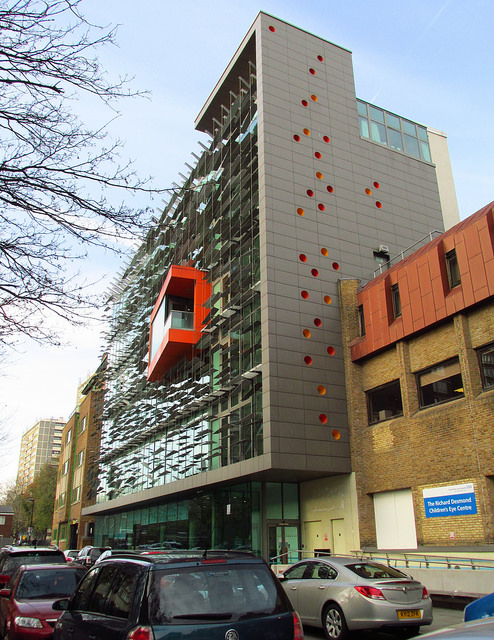The European Commission is planning to propose measures aimed at making easier movement of non-EU nationals who hold resident permits in the current EU-15 but who would need a visa to transit through the ten new EU entrants. These measures would apply to, for example, Indian nationals holding a work and residence permit in France but who wish to travel to Hungary or the Czech Republic for a holiday. This would not apply to non-visa nationals to the EU such as citizens of America, Canadia, Australia, Japan, etc. as they do not generally require a visa to enter the new EU member states as it is.
Topical:
Immigration news
The Australian Federal Government has introduced a bill into parliament that would impose time limits on migration cases to reduce the number of appeals files against immigration application decisions.
The purpose of this bill is to clear a backlog of innumerous migration cases stuck in the Australian courts, saving the Government at least A$5 million in costs.
The current Multicultural Affairs Minister has stated to Parliament that many migrants who have lost their migration cases appeal through the courts system in order to buy themselves more time in Australia.
On Wednesday, 17 March 2004, the UK Government announced plans that will allow graduates from the World's top 50 business schools to work in the UK for twelve months. Further details will be announced over the next few months. At the endof the first year's work it is envisaged that most candidates will be ableto obtain an employer-sponsored work permit or a Highly Skilled MigrantProgramme (HSMP) visa.
The British Home Office has announced changes to applications made by individuals applying for limited Leave to Remain in the UK, which will come into effect 1 April 2004.
Limited Leave to Remain (LTR) is the permission a person requires to stay in the UK. Permission is generally granted in accordance with the duration of that person's Immigration Employment Document (IED).
Home Secretary David Blunkett recently announced that changes to UK law will make it easier to prosecute companies who employ illegal workers. These changes will also make it easier for legitimate businesses to continue to operate within the law.
EU directive was yesterday adopted by the European Parliament that will make living in other EU countries easier for nationals of EU member states.
new law comes into effect in 2006, and stipulates that ex-patriates from EU countries will no longer have to apply for a residence permit to live and work in any other EU country. Although EU nationals do not require work permits to work in another member state, they do however need a residence permit if they stay for more than six months.





